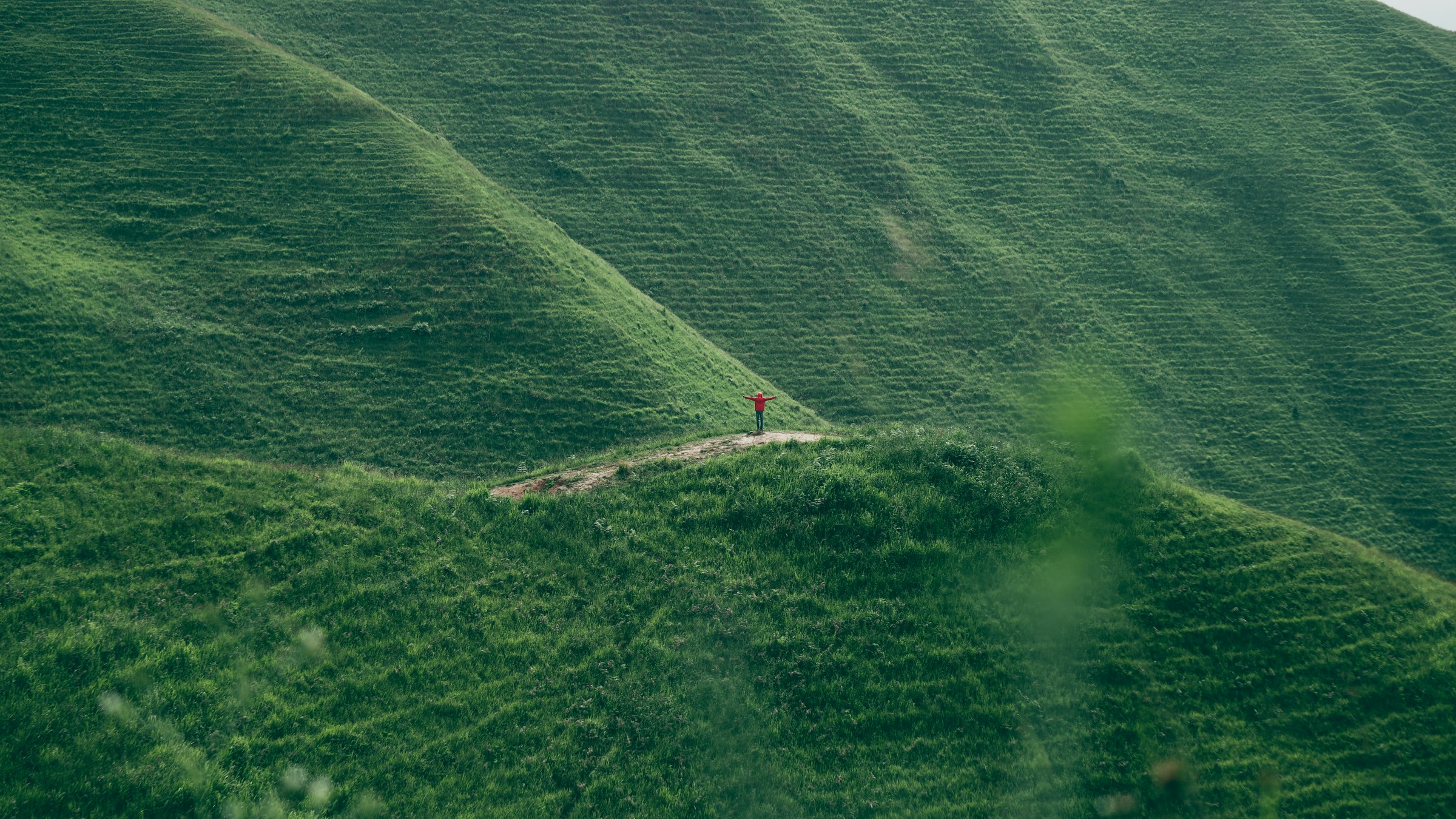
- On 28 May 2024
- 450 Views
- 0 Comments
Lake Toba Tour: Eco-Tourism and Conservation Efforts
Lake Toba, the largest volcanic lake in the world, is a breathtaking destination that attracts tourists from around the globe. As eco-tourism gains popularity, Lake Toba has become a prime example of how tourism can coexist with conservation efforts. This article delves into the eco-tourism and conservation initiatives that are shaping the future of Lake Toba, while also highlighting the integration with the popular Medan tour packages.
The Importance of Eco-Tourism at Lake Toba
Eco-tourism focuses on responsible travel to natural areas, conserving the environment, and improving the well-being of local people. Lake Toba, with its unique ecosystem and cultural heritage, provides an ideal setting for eco-tourism. The goal is to promote sustainable travel that minimizes the environmental footprint and supports conservation efforts.
Conservation Efforts at Lake Toba
Several initiatives have been undertaken to preserve the natural beauty and biodiversity of Lake Toba. These efforts include:
- Reforestation Projects: Organizations and local communities are working together to plant trees and restore forests around Lake Toba. Reforestation helps combat soil erosion, maintains the water cycle, and provides habitats for wildlife.
- Waste Management Programs: Proper waste disposal and recycling programs have been introduced to reduce pollution. Tourists are encouraged to participate in clean-up drives and practice responsible waste management during their visits.
- Wildlife Protection: Efforts to protect endangered species and their habitats are in place. Education programs raise awareness among locals and visitors about the importance of preserving wildlife.
- Sustainable Agriculture: Promoting sustainable farming practices among local farmers helps reduce the use of harmful chemicals and encourages organic farming. This not only protects the environment but also supports the local economy.
How Medan Tour Integrates Eco-Tourism
A Medan tour often serves as the starting point for visitors heading to Lake Toba. By incorporating eco-tourism principles, Medan tour operators are offering packages that include:
- Eco-Friendly Transportation: Using vehicles with lower emissions or promoting cycling and walking tours in Medan to reduce carbon footprints.
- Cultural Sensitivity: Tours that educate tourists about local customs and traditions, ensuring respectful and meaningful interactions with the Batak communities around Lake Toba.
- Eco-Conscious Accommodation: Partnering with hotels and lodges that follow sustainable practices, such as using renewable energy sources, reducing water consumption, and implementing waste recycling programs.
- Conservation Activities: Including activities like tree planting, clean-up drives, and visits to conservation centers in the tour itineraries, allowing tourists to actively contribute to the preservation of Lake Toba.
Benefits of Eco-Tourism for Lake Toba
Eco-tourism brings numerous benefits to Lake Toba and its surrounding communities:
- Environmental Protection: Sustainable practices help maintain the natural landscape and biodiversity of the area.
- Economic Growth: Eco-tourism creates job opportunities and supports local businesses, from handicraft makers to organic farmers.
- Cultural Preservation: Promoting the rich cultural heritage of the Batak people fosters pride and ensures the continuation of traditional practices.
- Enhanced Visitor Experience: Tourists gain a deeper understanding and appreciation of the natural and cultural significance of Lake Toba, leading to more fulfilling travel experiences.
Conclusion
Lake Toba's blend of natural beauty and cultural richness makes it a prime destination for eco-tourism. By integrating eco-friendly practices into Medan tour packages, visitors can enjoy an enriching experience while contributing to the conservation efforts that protect this unique destination. Embracing eco-tourism at Lake Toba ensures that future generations can continue to marvel at its wonders, making it a sustainable travel choice for all.
